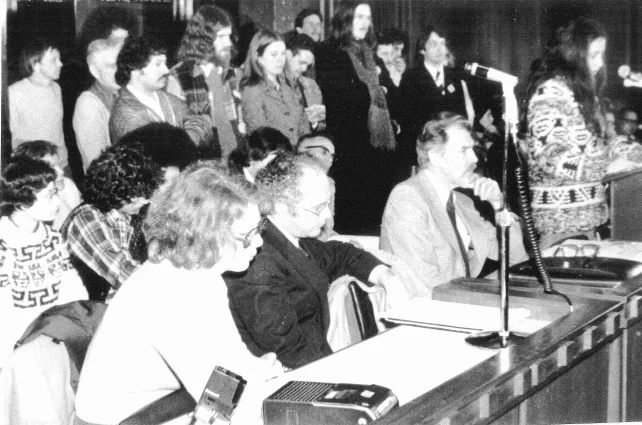
The National Anti-Poverty Organization (or NAPO) was founded in the aftermath of the first Poor People’s Conference.
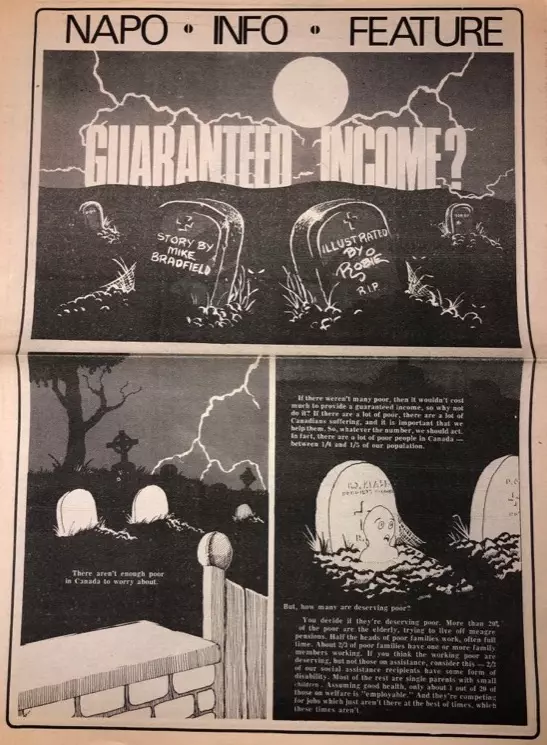
NAPO presented a brief on the connection between food, nutrition and low income to the House of Commons Special Committee on Trends in Food Prices.
NAPO argued for, and won the retention of, the 10-cent payphone and successfully argued against a proposed increase in rates by Bell Telephone.

NAPO embarked on a large research project on the strengths and weaknesses of job training programs from the perspective of participants on social assistance. The final report was entitled You Call it a Molehill, I’ll Call it a Mountain: Job Training for People on Social Assistance after the story of an exchange between a welfare agent and a recipient who disagreed about the significance of a $25 difference in payments.
CWP/NAPO was the first non-governmental organization (along with CCPI) to be invited to present orally to the UN Committee on Economic, Social and Cultural Rights (CESCR) on Canada’s compliance with the International Covenant on Economic, Social and Cultural Rights. CWP/NAPO appeared at each subsequent review.
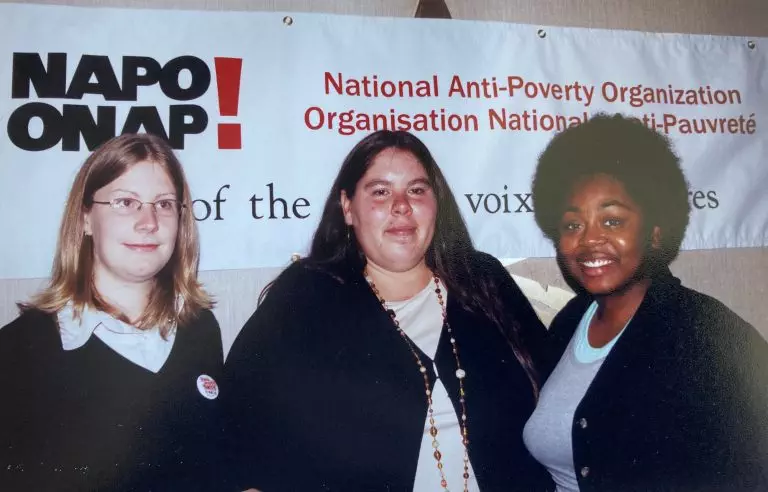
NAPO claimed a legal victory when the City of Winnipeg conditionally repealed the city by-law against panhandling; NAPO had claimed that the by-law was unconstitutional and that it discriminated against the poor by distinguishing them from other citizens.
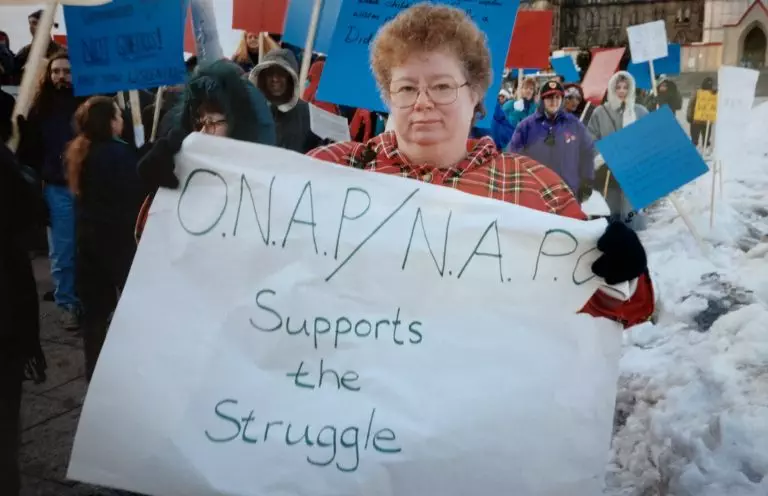
NAPO received honourable mention from the Canadian Council for International Co-operation for its work on poverty eradication and human development internationally.
Changed name of organization from National Anti-Poverty Organization (NAPO) to Canada Without Poverty (CWP) and unveiled new logo.
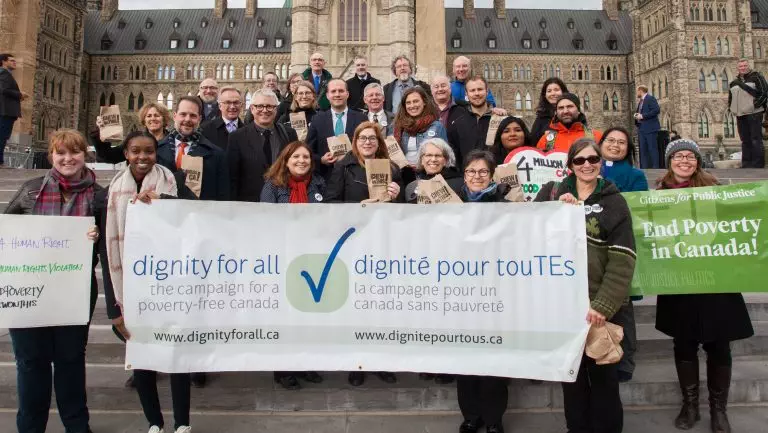
CWP formally launched the Dignity for All: The Campaign for a Poverty-free Canada with co-lead Citizens for Public Justice.
Recruited CWP’s first Honorary Directors (Right Hon. Joe Clark, Hon. Louise Arbour, Hon. Monique Bégin, Hon. Ed Broadbent, Mr. Ovide Mercredi).
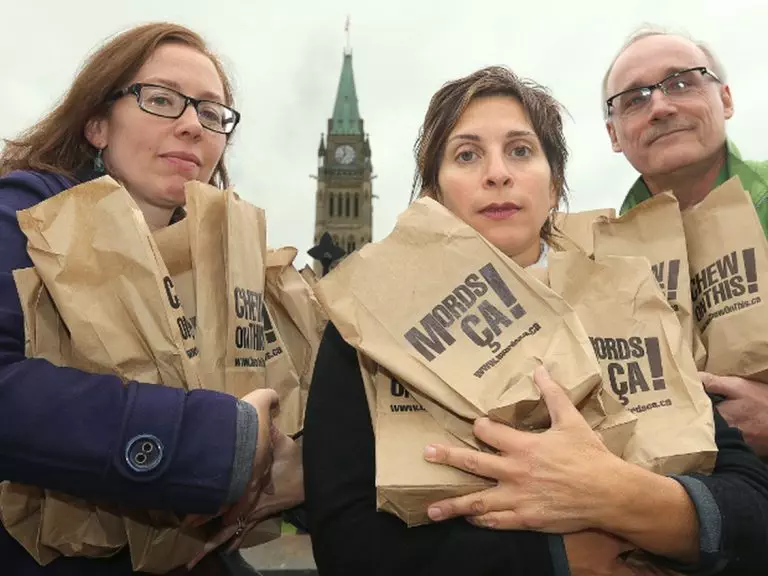
As a co-lead in the Dignity for All campaign, CWP launched the first annual ChewOnThis! campaign.
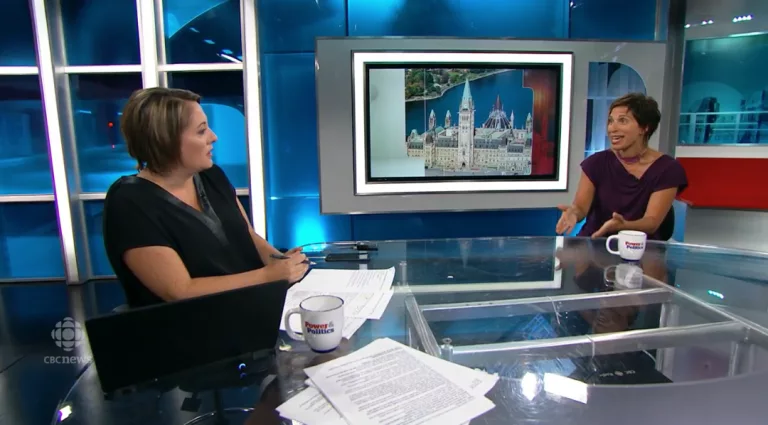
CWP’s former Executive Director, Leilani Farha, was named the Special Rapporteur on Adequate Housing for the UN.
CWP presented a written document to the CESCR detailing concerns about poverty, homelessness and hunger in Canada (read the submission).
CWP released Human Rights and Poverty Strategies, A Guide to International Human Rights Law and its Domestic Application in Poverty Reduction Strategies, a practical tool for provincial, territorial, and municipal policy workers interested in learning more about human rights and how to incorporate human rights standards within poverty strategies.
The Dignity for All Campaign unveiled its National Anti-Poverty Plan (click here to read the plan in English or en français).
CWP President presented at United Nations Committee on Economic, Social and Cultural Rights (CESCR) to address Canada’s current state of poverty.
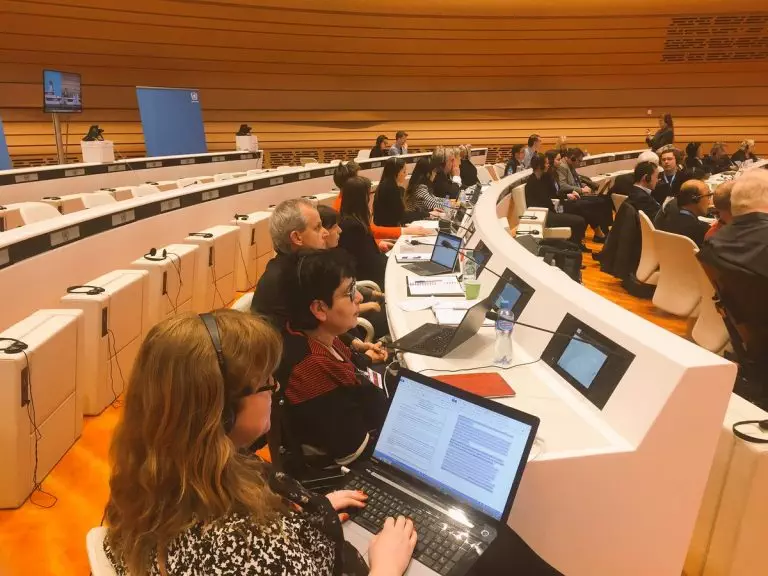
CWP presented at the United Nations Committee on the Rights of Persons with Disabilities (CRPD) to address the intersectionality of poverty and disability in Canada.
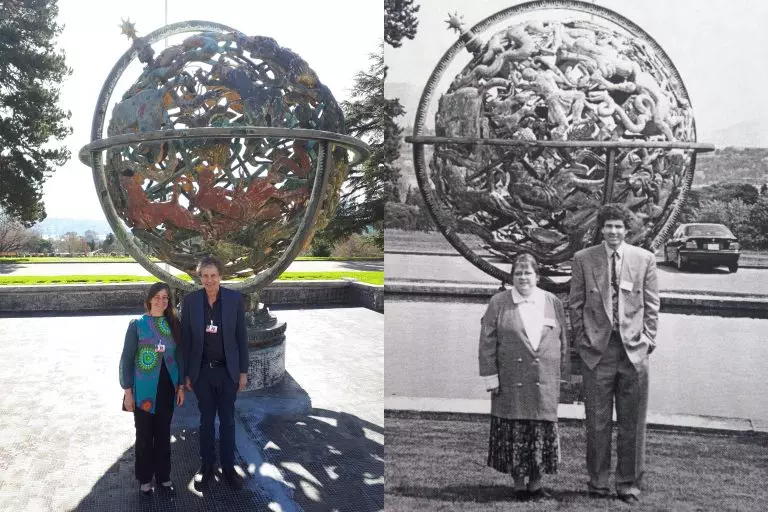
CWP presented at Canada’s United Nations Universal Periodic Review addressing its current state of poverty.
CWP appeared as a witness for the House of Commons Committee on Procedures and House Affairs to speak about the barriers to voters in poverty during the COVID-19 pandemic.
CWP speaks with journalists across Canada, and appears on the Real Talk with Ryan Jesperson podcast to raise awareness about the impacts for rural and remote communities from the Greyhound bus ending service in Canada.
